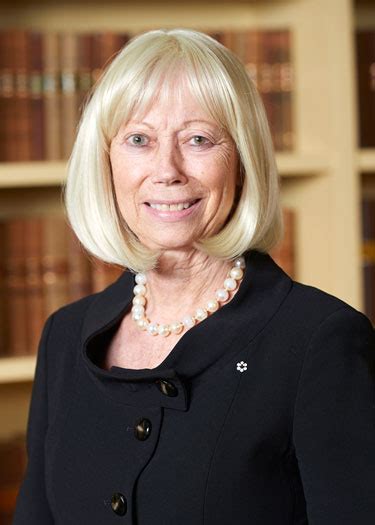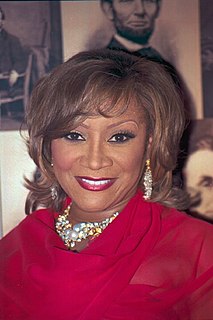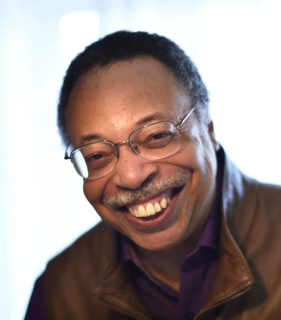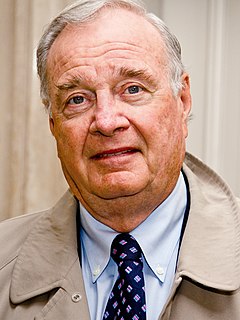A Quote by Constance Backhouse
We hide our racism. We just go on about our lives - may I say, white Canadians go on about their lives. African-Canadians understand racism, Indigenous Canadians understand racism: they see it all the time, they live with it.
Related Quotes
This film isn't about "white racism", or racism at all. DEAR WHITE PEOPLE is about identity. It's about the difference between how the mass culture responds to a person because of their race and who they understand themselves to truly be. And this societal conflict appears to be one that many share.
The way racism works in Canada, it's very subtle. You may feel you're a victim of racism or have experienced racism, but you can't necessarily prove it - unless you get a [white] friend to go check out that rental, go check out that job, whatever. Unless you're willing to really dig to prove you're a victim of racism, it might be difficult to do that. And so what you're dealing with then is feeling, it's emotion.
Critical Race Theory offers of discrimination frameworks as ways of understanding and eradicating racism. The focus on "discrimination" as the way to understand racism in the US has meant that racism is considered a question of discriminatory intentions - whether or not somebody intentionally left someone out or did something harmful because of their biased feelings about a person's race. This focus on individual racists with bad ideas hides the reality that racism exists wherever conditions of racialized maldistribution exist.
Canadians no longer have any financial room. Half of Canadians are $200 away from insolvency. They are facing a slowing economy with a diminishing number of jobs, and a rising cost of living to go along with it. That is the consequence of the Trudeau, Morneau tax-and-spend agenda, which is driving our economy down.
I see racism as institutional: the rules are different for me because I'm black. It's not necessarily someone's specific attitude against me; it's just the fact that I, as a black man, have a much harder time making an art-house movie and getting it released than a white person does about their very white point of view. That's racism.






























